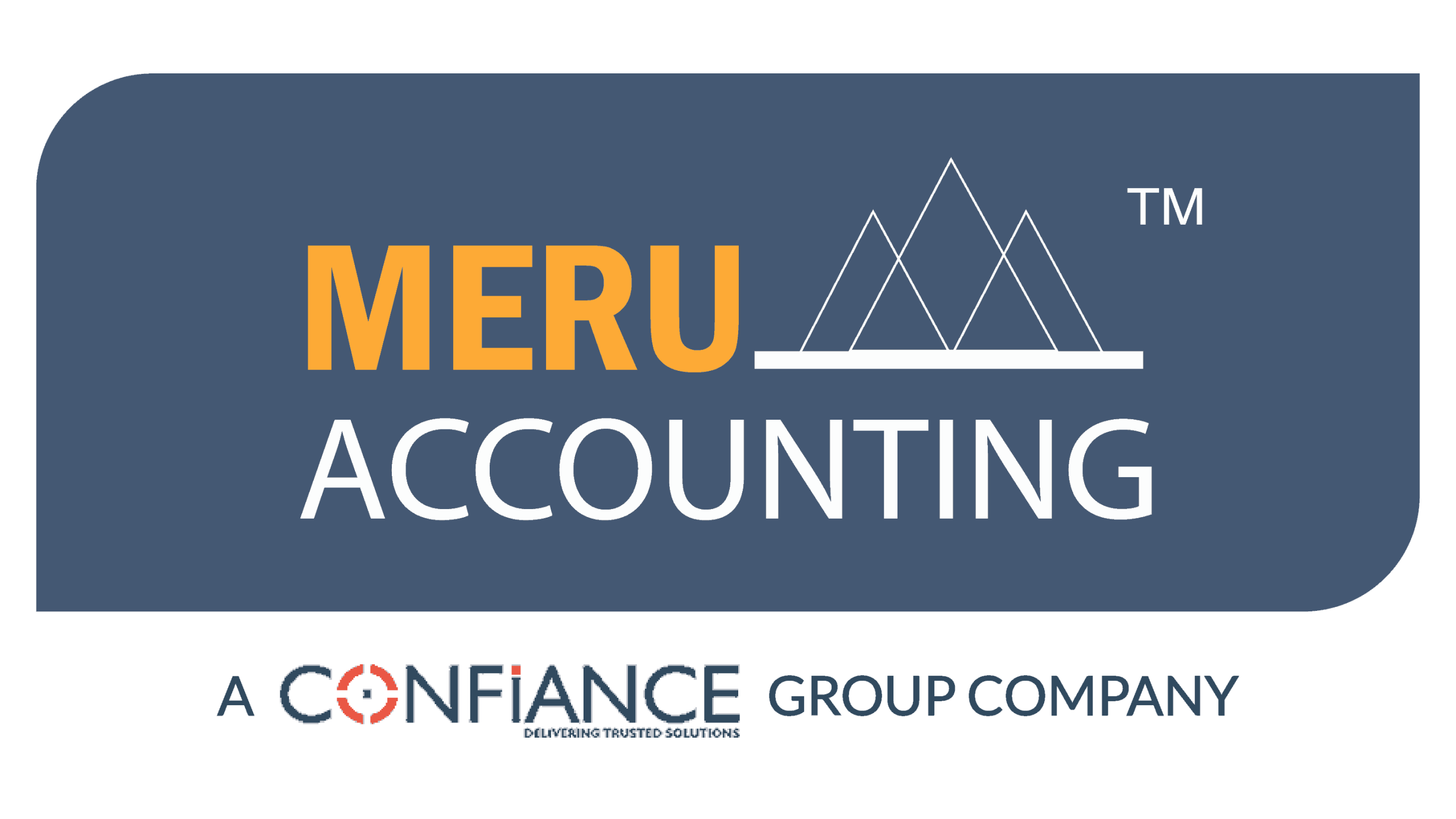Home » GST in Australia
Basis of GST in Australia
If you are running a business in Australia and register for GST, you have to dedicate a certain amount of your earning. It will be in the form of broad-based tax, from the sale of goods and services, sold or consumed. Then, make payment to the Australian Taxation Office (ATO) on the due date. One manages this section of expense for Australian businesses by making a collection from the customers. You charge it on the purchase of a good or a service which is one-eleventh of the sale price. Depending on your business turnover, which is the gross business income, in the running year. Know more with Meru Accounting about GST in Australia.
Method of Calculation of GST in Australia
Various auto-calculators facilitate for calculation of GST on the supply goods and services that are available in Australia. However, it is utmost essential to gather the factors that help to determine the GST levied on the price. In Australia, a tax of 10% is applied to a good or a service that is circulated in the business. Thus if your business is registered for GST, you need the price and the tax percentage to calculate the GST. It may be inclusive or exclusive, within the price of the goods and services. This calculation has a further advantage to claim the tax credit.
Exploring GST in Australia for Businesses
The Goods and Services Tax (GST) in Australia is a value-added tax levied on most goods, services, and other items sold or consumed within the country. GST replaced a range of existing taxes and was implemented as a part of broader tax reform intended to simplify and modernize Australia’s tax system. It is a broad-based tax set at 10% and applies to the majority of transactions, including those involving both goods and services, making it a key component of the Australian economy. The GST in Australia is collected by businesses on behalf of the government, which then redistributes the revenue to the states and territories. The introduction of GST in Australia was designed to simplify the tax system, create a more transparent tax environment, and provide a more stable revenue base for both federal and state governments. This system of GST in Australia has undergone various adjustments and reviews over the years to address concerns about its impact on different sectors of the economy and to ensure its efficiency. Despite some concerns, GST in Australia remains a fundamental element of the country’s tax structure, reflecting a broader trend toward consumption-based taxation in modern economies. The ongoing discourse surrounding GST in Australia continues to focus on balancing the tax’s economic benefits with its social impacts, illustrating the challenges of maintaining an equitable and effective tax system.
The GST in Australia represents a crucial element of the country’s tax framework, designed to streamline and modernize the tax system by implementing a broad-based, value-added tax at a rate of 10%. Its role in simplifying the tax environment, promoting transparency, and providing a stable revenue base underscores its importance in the Australian economy. For Meru Accounting, understanding the intricacies of GST is essential, as it directly impacts how businesses manage their tax obligations and compliance. By offering specialized accounting and bookkeeping services, particularly in the context of GST in Australia, Meru Accounting supports businesses in managing this complex tax landscape, ensuring they remain compliant while optimizing their financial operations. As the GST system continues to evolve, Meru Accounting’s expertise will be vital in helping clients adapt to changes, maintain efficiency, and manage the benefits of a well-managed tax strategy.
Registering for GST
Who? When? and How? Are the three most prominent questions to prop in your mind while working on GST registration.
Who can register?
- Businesses with a GST turnover of $75000 or more
- Non-profit organizations with a GST turnover of $150,000 or more, yearly basis
- Taxi owners and people who take on rent
- Overseas business dealings to Australian customers which involve the import of low-value goods, services, and digital products.

When to register?
With an affordable and surety gap of 21 days from the time, you are able to identify that your business will be exceeding the threshold value for GST turnover. You can register for GST to be inclusive in the fees and also eligible to claim for GST credits.
How to register?
You just have to use your Australian Business Number (ABN) which can be generated by filling an ABN application. This GST registration number will act as your point of contact to register online at Business Registration Service or contact the ATO for further guidance.
How to register?
- Businesses with a GST turnover of $75000 or more
- Non-profit organizations with a GST turnover of $150,000 or more, yearly basis
- Taxi owners and people who take on rent
- Overseas business dealings to Australian customers which involve the import of low-value goods, services, and digital products.
When not to charge GST.
- In order to avoid any incorrect deduction due to the wrong GST debited, it is necessary to be well informed that GST is exempted for GST-free and Input-taxed sales.
- Also, non-profitable organizations are eligible to avail concessions for certain transactions.
- GST-free sales cover goods and services related to medical and healthcare products, educational courses and materials. It also includes export goods sold within specified days, charitable and religious activities, the government initiated construction activities and land grants, telecommunication supplies etc.
Issuing GST tax invoice
- With respect to GST invoicing rules, the issue of a tax invoice for goods supplier and service provider is essential for your GST registered customers for a taxable sale of more than $82.50.
- Based on the type of sale, the supplier issues tax invoice and obtains an ‘invoice reference number’. This needs to be provided to the recipient/ customer within 28 days of its request.
Claiming GST credit
- Input tax credit needs to be claimed so as to obtain a credit that was covered in the goods and services purchased for the business.
- As mentioned in your business activity statement, you can claim the requisite tax price within a time frame of 4 years. Then, check on suppliers registered for GST.








